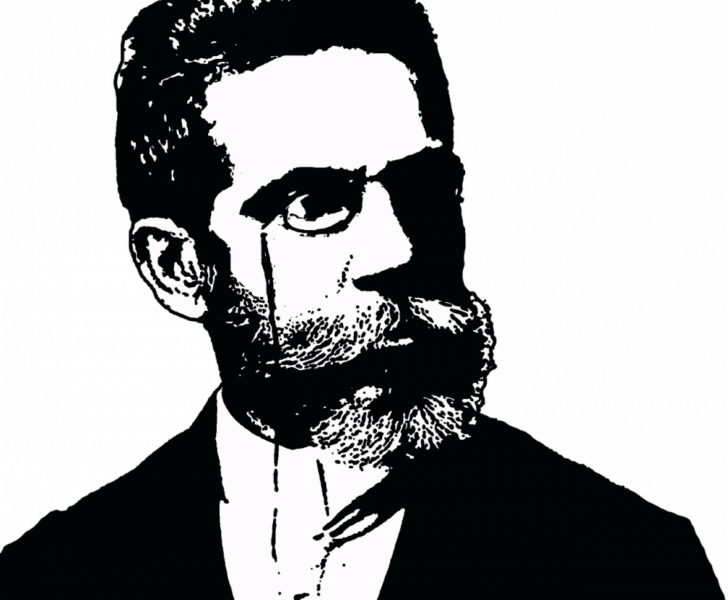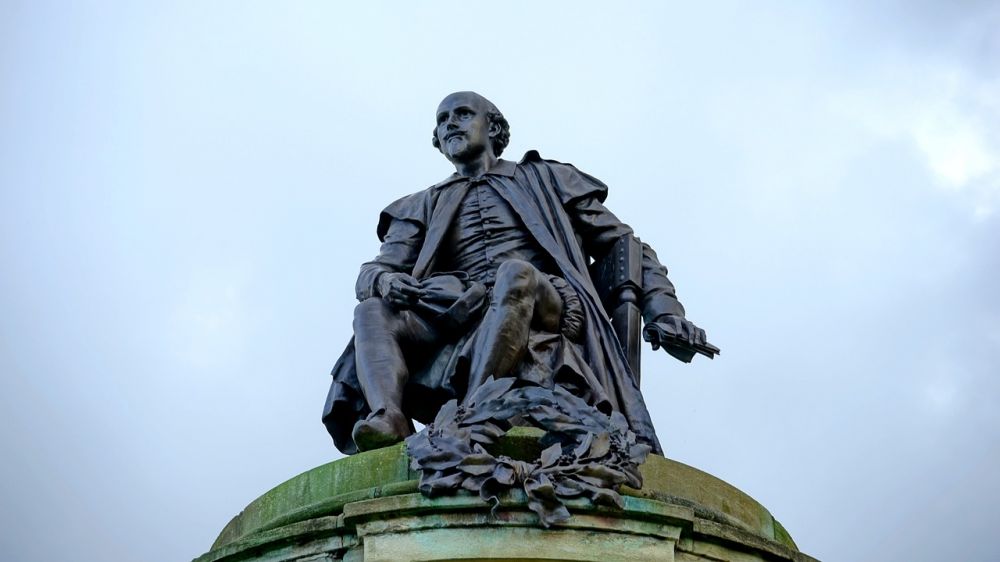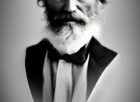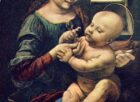Charles Dickens: A Literary Mastermind

Introduction:
Charles Dickens is widely regarded as one of the greatest English novelists of all time. His works continue to captivate readers with their vivid characters, intricate plots, and powerful social commentary. In this article, we will delve into the life and works of Charles Dickens, providing essential information for anyone interested in this literary genius.
I. Early Life and Influences:

Born on February 7, 1812, in Portsmouth, England, Charles John Huffman Dickens had a humble upbringing. His father, John Dickens, struggled with finances, which heavily influenced Dickens’ portrayal of poverty and social inequality in his novels. Dickens’ love for storytelling began at an early age, as he would entertain his siblings with tales of adventure and imagination.
Dickens’ childhood experiences also played a significant role in shaping his writing style. Forced to work in a shoe-polish factory at the age of twelve, Dickens experienced the harsh reality of the working-class life. This firsthand exposure to social injustices would serve as inspiration for many of his later works.
III. Dickens’ Literary Career:
Dickens’ literary career took off in the 1830s when he began publishing his works in various newspapers and magazines. His first novel, “The Pickwick Papers,” gained instant popularity, paving the way for his subsequent successes. Known for his serialized storytelling, Dickens released many of his novels in monthly installments, allowing readers to eagerly follow the unfolding plots.
Some of Dickens’ most notable works include “A Tale of Two Cities,” “Oliver Twist,” and “Great Expectations.” These novels explored themes of poverty, industrialization, class struggles, and the impact of societal norms on individuals. Dickens’ unique ability to create unforgettable characters, such as the kind-hearted orphan Oliver Twist and the enigmatic Sydney Carton, has contributed to his enduring legacy.
IV. Dickens’ Impact on Society:
Beyond being a celebrated novelist, Dickens was also a social reformer. His vivid descriptions of the harsh conditions faced by the poor and marginalized shed light on the inequalities prevalent during the Victorian era. Through his works, Dickens aimed to expose the injustices of society and advocate for change.
Dickens’ influence extended beyond literature, as his works paved the way for social reform movements. For instance, his depiction of the plight of child laborers in “Hard Times” led to stricter regulations on child labor laws. Dickens’ writings also contributed to raising awareness about the living conditions of the poor and prompted much-needed discussions on social welfare.
V. Legacy and Continued Relevance:
Even decades after his death in 1870, Charles Dickens’ works continue to resonate with readers worldwide. His ability to depict both the beauty and the hardships of life in Victorian England has ensured his work stands the test of time. Dickens’ profound understanding of human nature, his keen eye for detail, and his use of irony and satire continue to captivate audiences.
Moreover, Dickens’ works have been adapted into countless stage plays, films, and television series, further cementing his place in popular culture. From the timeless tale of “A Christmas Carol” to the heart-wrenching story of Pip in “Great Expectations,” Dickens’ novels continue to be celebrated and enjoyed by generations.
Conclusion:
Charles Dickens remains an iconic literary figure, celebrated for his masterful storytelling and profound understanding of social issues. His novels hold a mirror to society, reflecting both its flaws and its potential for change. Dickens’ enduring legacy serves as a reminder of the power of literature to inspire, educate, and provoke thought. Whether you are a seasoned Dickens enthusiast or a newcomer to his works, delving into the realm of his novels promises an unforgettable journey.
Sources:
– Dickens, Charles. “The Pickwick Papers.” Penguin Classics, 2004.
– Dickens, Charles. “Oliver Twist.” Oxford University Press, 2009.
– Dickens, Charles. “A Tale of Two Cities.” Vintage Classics, 2008.
– Dickens, Charles. “Great Expectations.” Wordsworth Classics, 1992.
– Ackroyd, Peter. “Dickens.” Vintage, 1991.











